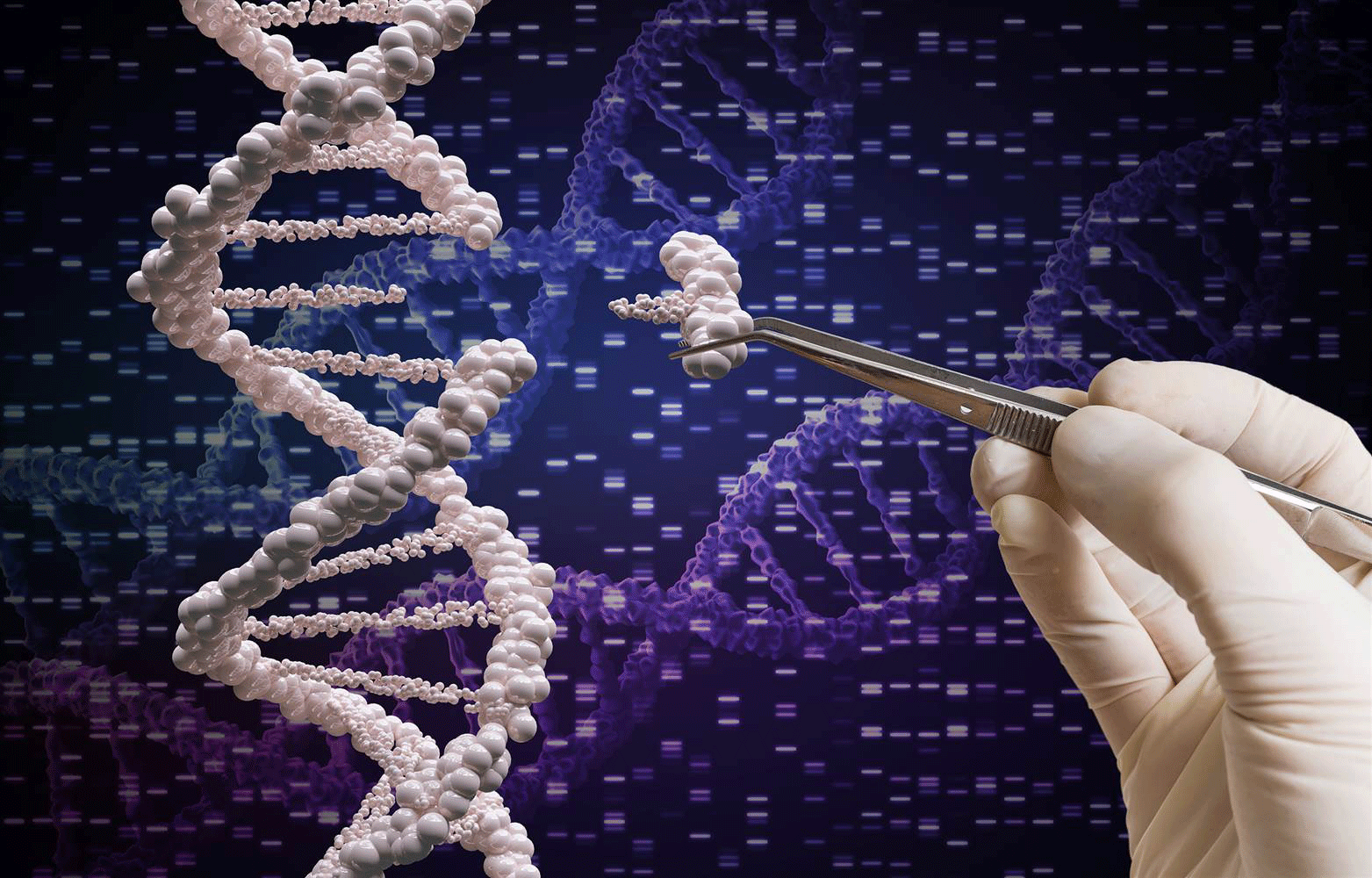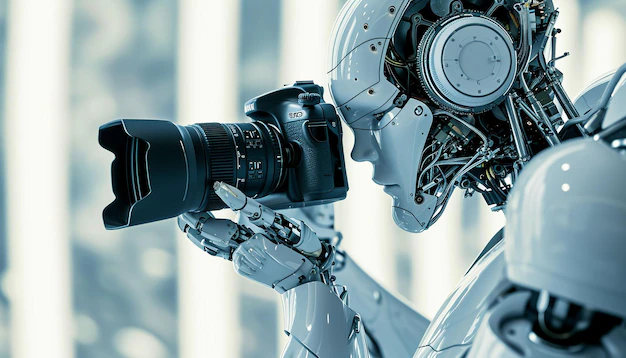
Designer babies, eugenics and other concerns with gene editing
by Alexis Tucker, Editor-in-Chief
Editing genes has been a dream in science fiction for a while, but that future that was envisioned is already here with the help of CRISPR (or Cas9).
Imagine a tiny pair of scissors and a strand of DNA. CRISPR is the scissors, and it can cut out parts of the DNA, which may be undesirable traits like hemophilia, sickle cell anemia, cystic fibrosis and many more. Pre-implanted Genetic Diagnosis (PGD) is when the genes before the fertilized cell is implanted are looked at to look for genetic defects or diseases, and PGD is used for in vitro fertilization. Both CRISPR and PGD are two parts to gene-editing and genetically altering babies.
But to what end? What about the ethical concerns?
There are several countries already that outright prohibit the use of Pre-implanted Genetic Diagnosis (PGD). These countries include Austria, Germany, Switzerland and Ireland. The concerns come in when considering the idea of a designer baby, which is what those countries are against or are concerned about. When the idea of a perfect baby filled with desirable traits based on the parents’ desires, it becomes a questionable use of the technology of gene editing. It embodies the idea that parents own their children rather than parents raising an independent and responsible individual that is capable of making their own decisions. Countries such as Belgium, France, Greece, Netherlands, Italy, Norway and the UK all restrict the use of PGD to only be used for medical purposes, which is a good middle ground.
The U.S. is among the many countries that have no restrictions in place for these types of things, and there is one major concern that can’t be overlooked when discussing gene editing and designer babies: the idea of eugenics.
Eugenics is the idea of controlled “breeding” of the human population to be full of desired traits and no undesired traits. All right, sounds like a promising idea, right?
Well, how would that sound if Adolf Hitler started talking about Eugenics and the Aryan race?
Now, I’ve lost you, and it’s exactly those feelings related to the Nazis twisted idea where the concern comes from. It isn’t even about just breeding the perfect race; it is the very idea of what is and isn’t “desirable.”
Medically, there is no problem because the quality of life of the person is at stake, but what happens when people decide they want a blonde-haired, blue-eyed baby?
Remember those feelings you have when discussing the terrible things, the Nazis did because even if on a smaller, non-hostile scale, it is the same idea. It involves eugenics.
However, no one should argue against the use of this to prevent any babies being born or any person from living with cystic fibrosis.
Cystic fibrosis is a life-threatening terrible disease where mucus builds up in the lungs, and this prevents the person from breathing well if at all. The lungs are not the only organ affected, however. The name “cystic fibrosis” comes from the forming of cysts and extra fibrous tissues, also called scar tissue, in the pancreas, but the area of effect doesn’t stop there. The liver, kidneys, intestines and the fingers and toes can have related issues. Parents are taught to hit their child’s back in a way to help the child to expel the mucus temporarily, but that time is usually short-lived before the coughing fits begin again. The life expectancy of someone born with this disease in a developed country is between 40 and 50.
Gene editing is yet another powerful tool that humanity can use for great good in the world and prevent people from living with debilitating diseases, but there is always a darker side of technology that needs to be considered.








